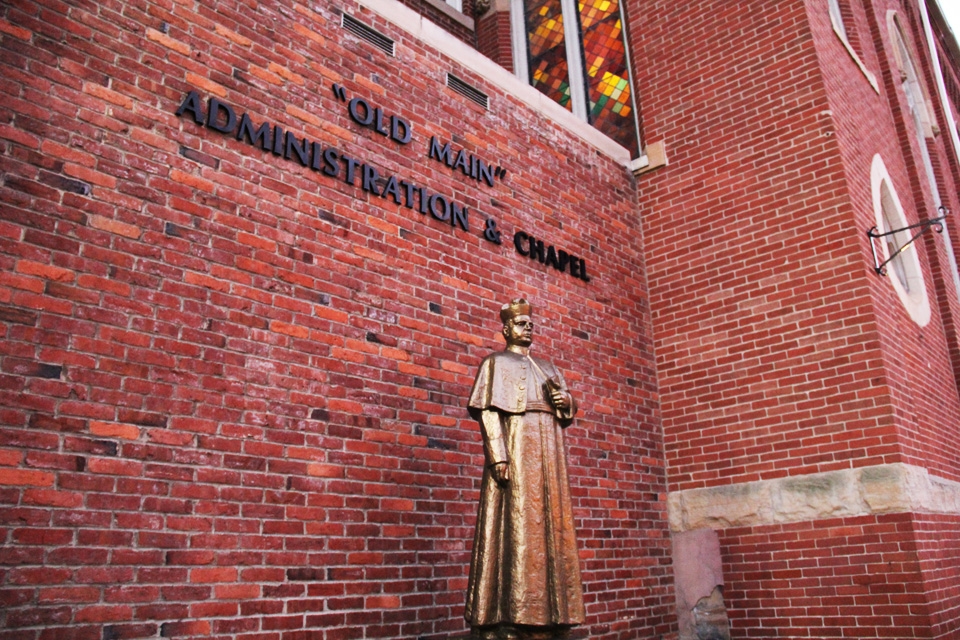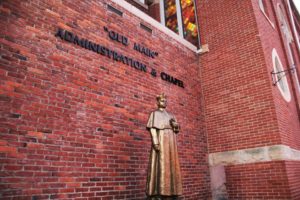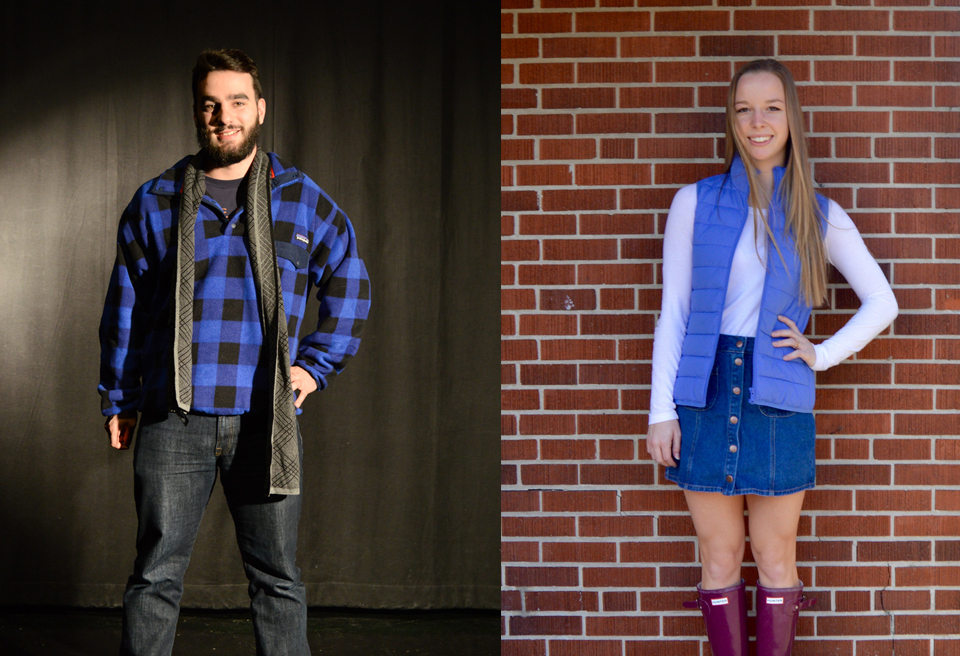
Effective immediately, Duquesne students who are double majoring in a school outside liberal arts with a liberal arts major will no longer have to take the McAnulty school core.

Effective immediately, Duquesne students who are double majoring in a school outside liberal arts with a liberal arts major will no longer have to take the McAnulty school core.
Liza Zulick | Staff Writer
Duquesne students majoring in a non-liberal arts major will now be able to complete a double major in the McAnulty School of Liberal Arts, without having to complete the McAnulty school’s core curriculum.
Starting immediately, any Duquesne student “obtaining a degree in a school other than the College of Liberal Arts will be recognized on their transcript as having earned a secondary major in the College of Liberal Arts,” according to Magali Michael, associate dean of the McAnulty College and Graduate School of Liberal Arts.
To earn the secondary liberal arts major, Michael said students must complete the University Core (UCOR) curriculum, the core curriculum of their primary major and the curriculum of the secondary major.
James Daher, president of Duquesne’s Student Government Association and junior economics major, first had the idea while running for president, and brought it up with the university administration.
“I wanted to do it because I heard a lot of people wanted to double major across schools, but it was very difficult,” Daher said.
Since then, the University Academic Council has been working on making the idea a reality.
The McAnulty school’s Core Curriculum Committee first fashioned the policy, which was then approved by the department chairs of each Duquesne school and McAnulty Dean James Swindal. Finally, the proposal was submitted to Provost Timothy Austin and approved by the University Academic Council on Oct. 24.
Previously, there had been an agreement only between the McAnulty School of Liberal Arts and the Bayer School of Natural Science, due to the fact that they were once the same school, according to Daher.
He said he got his idea from this agreement, and decided he wanted to have an agreement among all other Duquesne schools to help students study whatever majors they were interested in.
All current students will be able to take advantage of this new policy when it takes effect, Michael said.
Without this new change in mandatory courses, students could have faced the possibility of not graduating on time and consequently spending more money toward their degrees.
According to Daher, students are now given more academic freedom in deciding what they want to study for their four year degree process.
“The problems we saw with it was that students wanted something to enhance their status, to get an edge in the workplace, but it wasn’t possible before,” Daher said.




